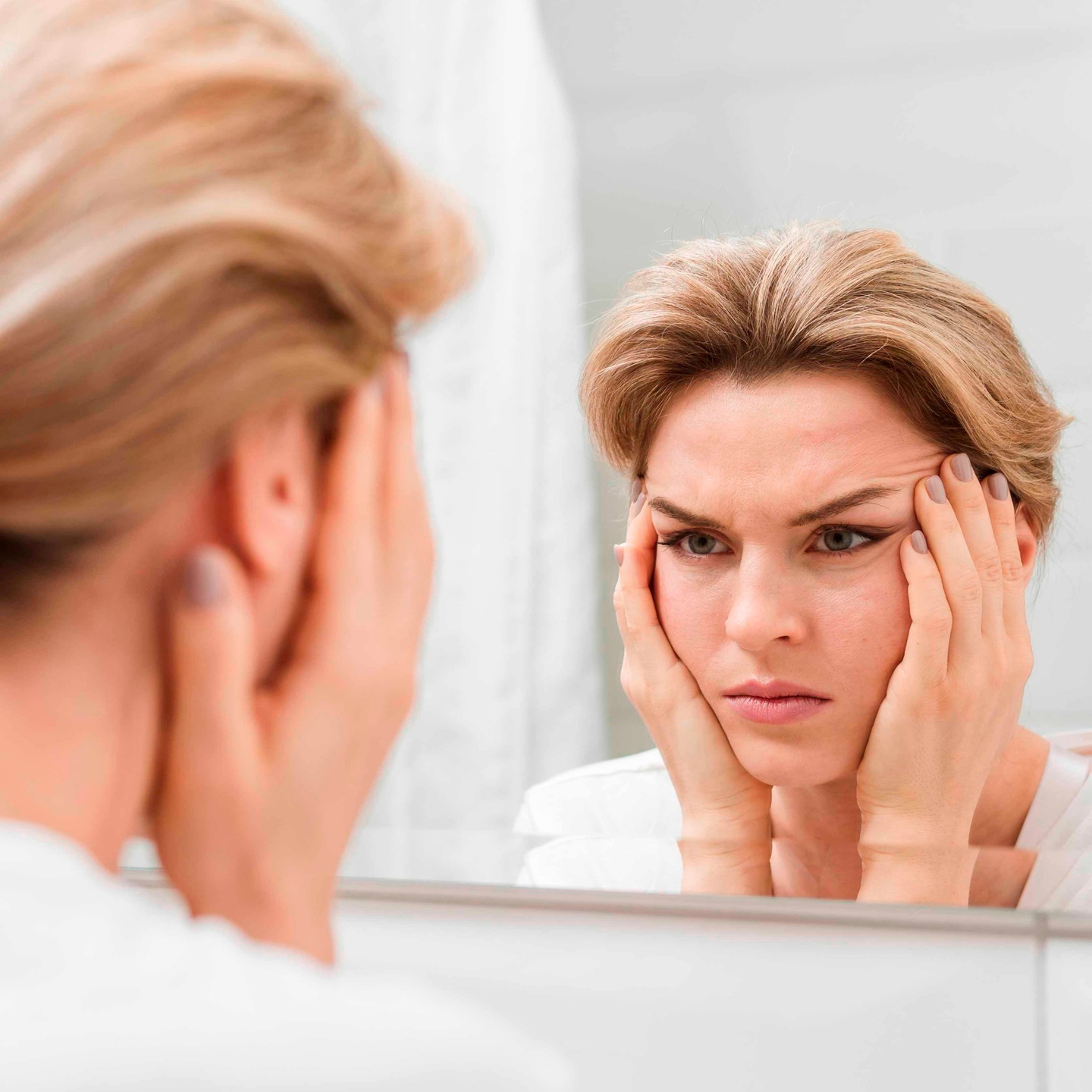
What if you talked to your spouse the way you talk to your own body?
Would it be an abusive relationship?
It may seem normal to insult yourself or say terrible things about your body, but most people would never call their spouse fat, ugly, or disgusting.
But for so many women, it's easy to get caught in the trap of hating yourself and your body.
You can learn the skills to let go of self-hatred, embrace who you really are, and build a healthy relationship with your body.
Start Learning Now!Stop letting the media tell you how to feel about your body
Many of us learn from the media what the ideal body looks like. But so much of what we’re shown is unhealthy or unrealistic. Learn how to accept the body you have, no matter what it looks like.
You’ll learn:
- How your family background affects how you feel about your body
- The difference between being thin and being healthy
- How to protect yourself from magazines, ads, and other forms of media that teach unhealthy body ideals
This course will teach you why you feel the way you do about your body, what you can do to protect yourself from harmful messages, and how you can start to accept your body with all its flaws. Why wait to start the path toward healing? Enroll today!
Learn How to Feel Confident Being You
Many women spend tons of time, money, and mental energy worrying about and trying to fix how they look but are never satisfied with the results. This course will give you the tools you need to find that satisfaction with your appearance — without spending nearly as much money or time. Even better, you’ll learn to love yourself as a whole person — even when you’re having a bad hair day.
But change won’t happen unless you take action. Enroll now to start learning the skills you need to transform your life.
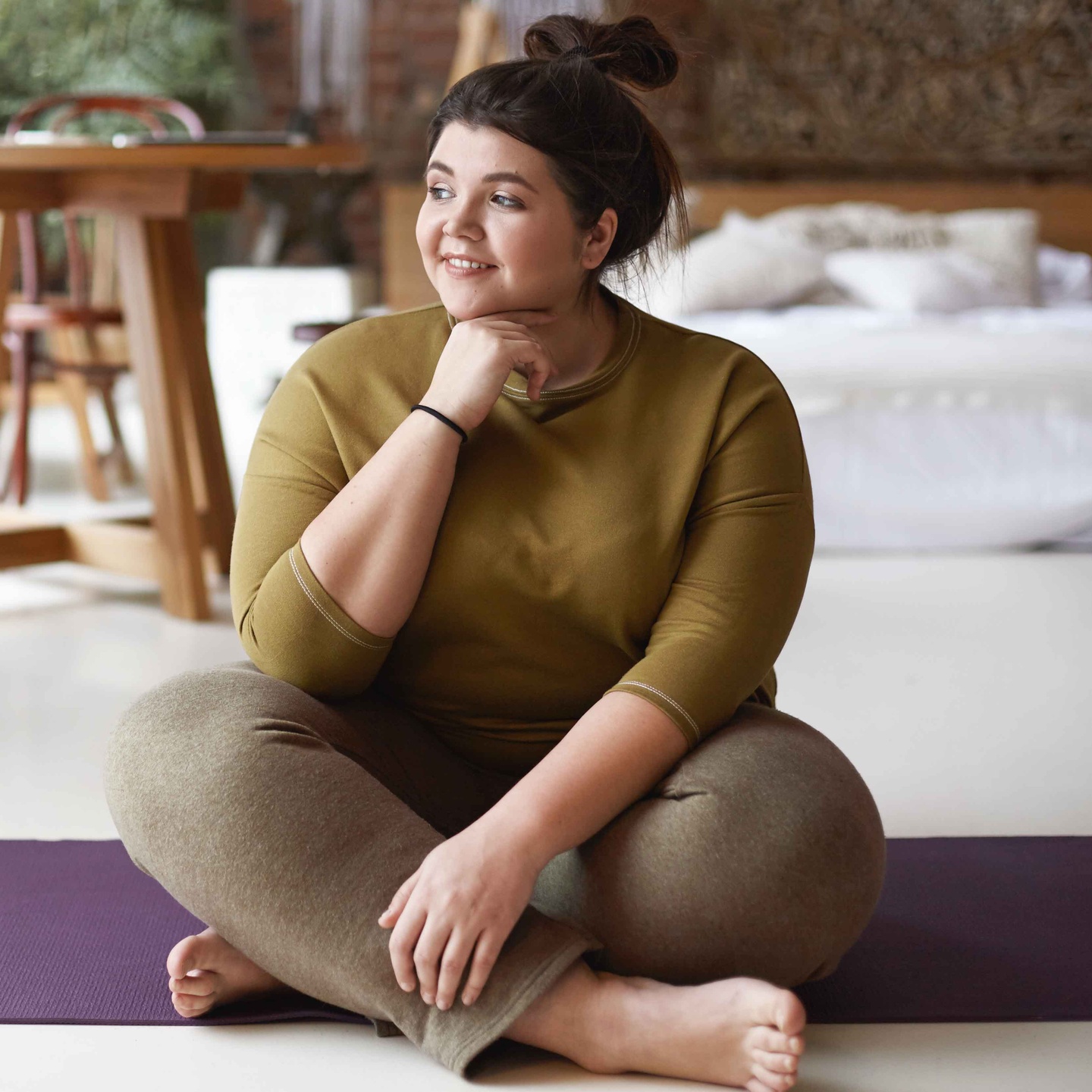
What students are saying about the course:
" I loved the direct approach, the helpful call-outs, and the relatable examples. But what stood out the most to me was the easy-to-follow tips and tricks to improving your body image sprinkled all throughout... I walked away with solid steps I could immediately take. "
-Jyl J.
"I now have a clearer picture about how to teach my children self-worth, which in large part starts with me loving and respecting my body. I highly recommend this...to anyone looking to learn how to love themselves more. My self-love and appreciation for my body has grown as I’ve read and applied Amy’s challenges. "
-Catie P.

Real Confidence
Finding joy in the body you have today! End the family pattern of negative body image and set a healthy example for your family.

Real Connection
Learn how to stop comparing yourself to others, to stop hiding, and to let go of shame and find real love.
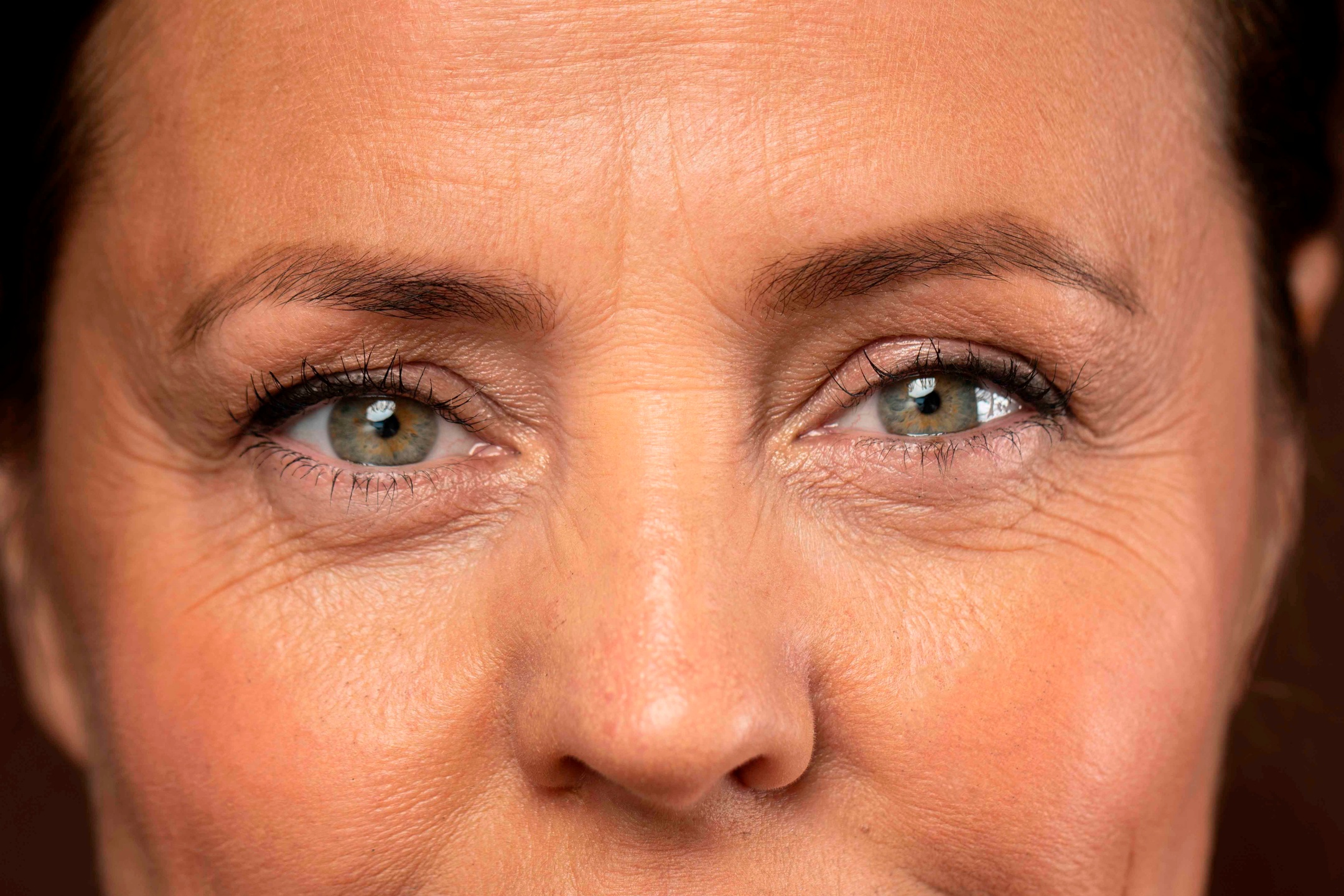
Real Authenticity
Heal your heart and learn to have compassion with your flaws.

Meet Your Instructor
Amy Harman LMFT, CEDS-S
I am a licensed marriage and family therapist with 15 years of experience helping people make positive changes in their lives. I am also a Certified Eating Disorder Specialist and Supervisor, having worked in the eating disorder field since 2006. I believe that all people have two things in common: 1) struggles and weakness, and 2) potential for positive change that leads to wholeness in body, mind, spirit, and relationships. I take a non-judgmental and compassionate approach to helping you because I understand that everyone struggles and that seeking help is a courageous choice. The best environment for change is a confidential and professional environment where you feel connected and understood by your therapist. I provide this safe environment and aim to establish a working relationship with you where you understand my caring and concern for your well-being. I will help you explore solutions and empower you to make positive choices. I treat individuals, couples, and families to establish a system that supports a journey to wholeness. I specialize in the treatment of women with eating disorders, and enjoy working with dietitians, physicians, and other team members for the best healing experience for my clients. I also treat body-image concerns, addictions, anxiety, depression, grief, trauma, confidence problems, and stage-of-life issues including teenage years, transition to independence, parenting, etc.
Get the Course Today!
Enroll Now for $197Frequently Asked Questions:
Is this course a replacement for therapy?
How long will I have access to this course?
Can I get a refund?
Check Out More Courses by Therapy in a Nutshell
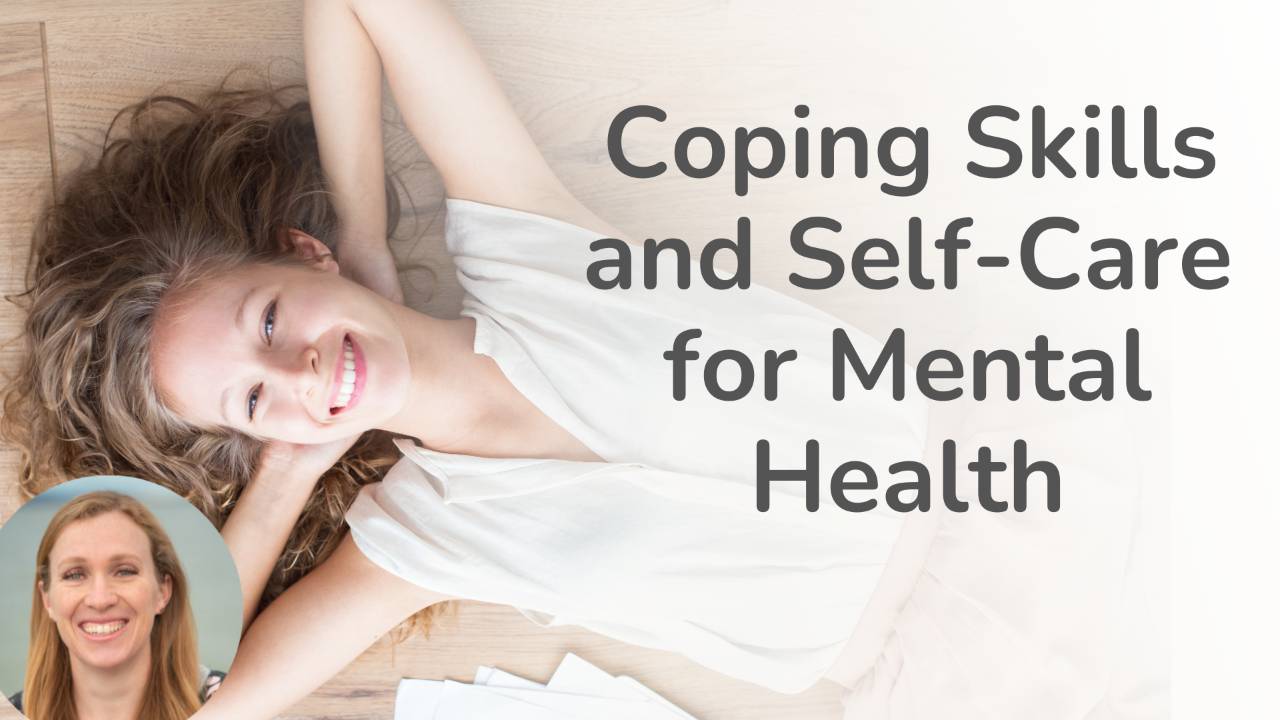
Coping Skills and Self-Care for Mental Health
Learn vital skills to soothe intense emotions like anger, anxiety, and sadness. You’ll learn to identify triggers, develop your individualized coping skills plan, calm the stress response and build a personalized self-care plan.
$147.00 USD

How to Help- Essential Skills to Help When Someone You Care About Experiences Mental Illness
Learn essential skills to support a family member, friend, or colleague with a mental health challenge. Learn how to help them feel safe to talk with you, when to get help, what to say (and what not to say), what to do if they won’t get help and how to manage specific challenges that come up. Over 50 video lessons.
$247.00 USD

FREE Course- Grounding Skills for Anxiety
Anxiety isn't just "in your head" it's in your body. In this course you'll learn how to turn off the stress response and turn on your body's naturally calming parasympathetic response through 15 easy to learn exercises.
